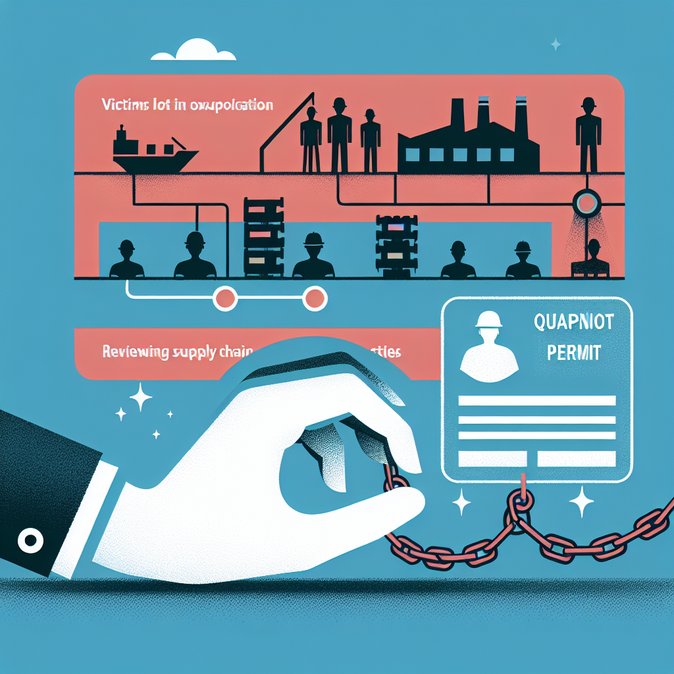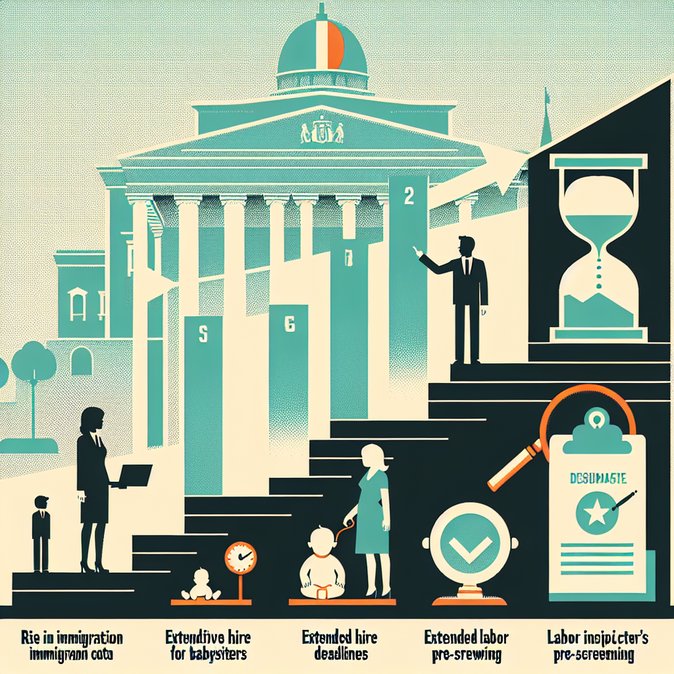
A same-day circular issued by the Interior, Labour and Transport ministries has simplified procedures for Italian logistics companies recruiting non-EU truck and bus drivers under the new Flussi quotas. While applicants must still hold a heavy-vehicle licence recognised by a bilateral conversion agreement, they will no longer need the Italian Certificate of Professional Competence (CQC) before arrival. Instead, employers must undertake to arrange CQC training within six months of the driver’s entry.
The change removes a major bottleneck that had discouraged transport operators from using Flussi quotas: obtaining a CQC abroad was virtually impossible and the domestic course can cost over €2,000. By shifting certification to the post-arrival phase, the government aims to fast-track the 7,000 driver slots allocated for 2026 and ease acute shortages that have pushed freight rates up by 14 % this year.
![Flussi Decree Clarifies Rules for Hiring Extra-EU Truck Drivers: CQC No Longer Required Upfront]()
Pre-compilation of work-permit requests on the Interior Ministry portal opened on 1 November. Click-days are scheduled for 5, 7 and 12 February 2026, segmented by sector and company size. Employers must upload proof of the driver’s foreign licence, a declaration of equivalence issued by the Italian consulate, and a training-commitment letter. Failure to enrol the driver in a recognised CQC course within the deadline will invalidate the work permit and bar the company from future quotas for two years.
For mobility managers in multinational supply-chains, the reform means recruitment timelines can be shortened by several months, but strict document management and partnership with accredited driving schools will be essential to remain compliant.
The change removes a major bottleneck that had discouraged transport operators from using Flussi quotas: obtaining a CQC abroad was virtually impossible and the domestic course can cost over €2,000. By shifting certification to the post-arrival phase, the government aims to fast-track the 7,000 driver slots allocated for 2026 and ease acute shortages that have pushed freight rates up by 14 % this year.

Pre-compilation of work-permit requests on the Interior Ministry portal opened on 1 November. Click-days are scheduled for 5, 7 and 12 February 2026, segmented by sector and company size. Employers must upload proof of the driver’s foreign licence, a declaration of equivalence issued by the Italian consulate, and a training-commitment letter. Failure to enrol the driver in a recognised CQC course within the deadline will invalidate the work permit and bar the company from future quotas for two years.
For mobility managers in multinational supply-chains, the reform means recruitment timelines can be shortened by several months, but strict document management and partnership with accredited driving schools will be essential to remain compliant.
More From Italy
View all
Italy’s New ‘Caporalato’ Residence Permit: Government Approves Six-Month Visa to Protect Exploited Migrant Workers

Decreto Flussi Adds 10,000 ‘Out-of-Quota’ Slots for Domestic Caregivers and Babysitters
